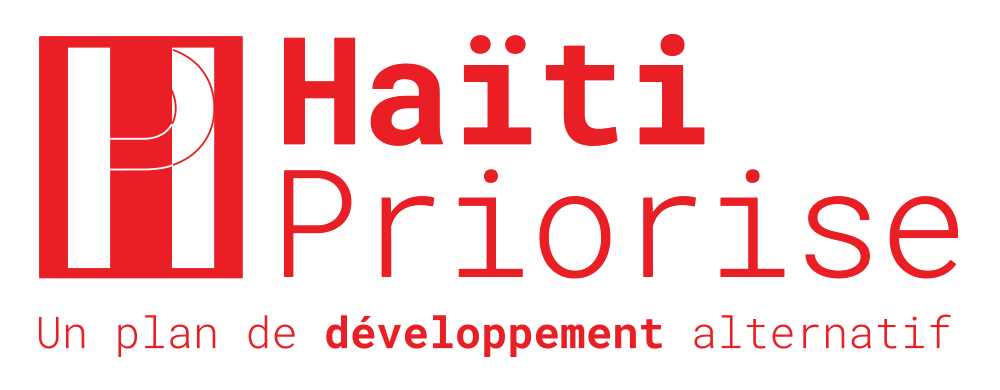Request for Proposals from Economist Researchers
Copenhagen Consensus Center is currently seeking researchers or teams of researchers to conduct cost-benefit analyses across various sectors for the Haiti Priorise project.
Launched in 2016, the Haiti Priorise project seeks to identify and prioritize the most effective solutions to the acute social and economic challenges that Haiti faces, essentially targeting solutions that will provide the most social, economic and environmental benefits for each gourde spent. After a rigorous vetting process, the best interventions from 700+ proposed at the sector expert roundtables were narrowed down to the 70 most promising ones.
Prospective researchers or teams of researchers are expected to estimate the social, economic, and environmental costs and benefits of interventions from the list provided. They are welcome to propose additional interventions within their area of expertise and interest.
How to find out more
Click here to find detailed instructions for the researcher, a researcher handbook which details the methodology and expectations, a research plan template, and the complete list of interventions.
About Haïti Priorise
The project is organized in three phases, beginning with sector expert roundtables to solicit the best solutions across 19 challenge areas; followed by cost-benefit analyses of the most promising interventions among those proposed; and finally, a ranking of these solutions by leading economists in Haiti and abroad, including at least one Nobel Laureate. Click here for more detailed information on the project’s process.
Sector expert roundtables
From March to May 2016, Haiti Priorise held 17 sector expert roundtables soliciting interventions from experts representing public, private and international sectors across many challenge areas including: health, education, industrial policy and trade, decentralization and governance.
After a rigorous vetting process, the best interventions from 700+ proposed at the sector expert roundtables were narrowed down to the 70 most promising. Some of the notable areas identified for study include: universal access to basic health services, e-governance to improve public service delivery, electronic voting to improve transparency in elections, post-secondary gap year for youth, tariff barriers to boost local production, and formal migration of workers to the Dominican Republic.

